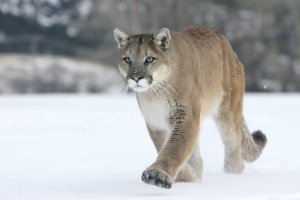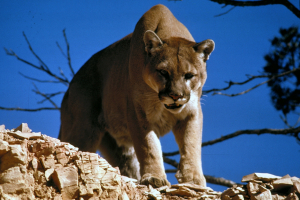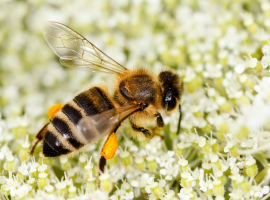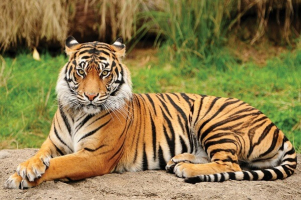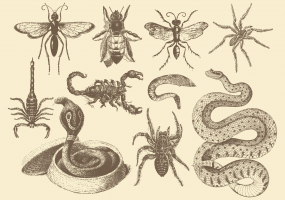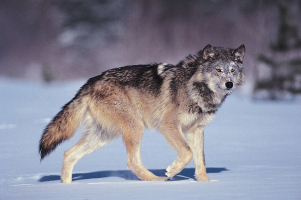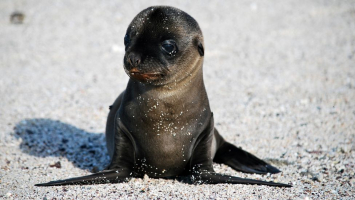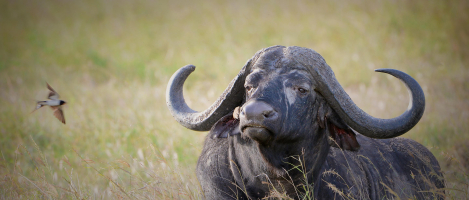Top 10 Most Useful Animals To Humankind
Since the Stone Age, animals have assisted humans in carrying raw materials, moving commodities, and plowing their fields. Even more than vegetation, animals ... read more...play an important role in human life. They meet numerous other financial needs in addition to those for food, clothing, and medication. Additionally, raw materials made from animals are utilised. They are also incredibly beneficial to humans in a variety of ways, including providing food and companionship. Below is a list of the most useful animals to humankind, let's find out!
-
Numerous investigations have revealed that Cows have existed for at least 10,000 years. Domestic cows were uncommon in ancient times because they required a sedentary lifestyle. Cows were the much-needed domesticated animal as time went on. Cows were revered in ancient Egypt. They actually used to worship a cow goddess named Hathor who stood for joy, femininity, and childbirth. She was renowned for protecting the land's fertility and supporting expectant mothers. The cow was later designated as a sacred animal in Hinduism in the year 2000 BC. Cows were used to make many deity representations, making them sacred animals.
From meat, milk, and hides to manufacturing leather, cows are raised as livestock. It supports the movement of goods and meets the greatest need for farming activities. It is said that cow ghee aids in children's brain development. Regular use of cow ghee may aid in raising HDL cholesterol levels. Additionally, it contributes to the strength of the bones and teeth. After mother's milk, cow milk is the milk that has the biggest health benefits. It is the main type of animal milk that people generally ingest. The milk is full of vitamins, such as B2, B3, and A, which boost immunity.
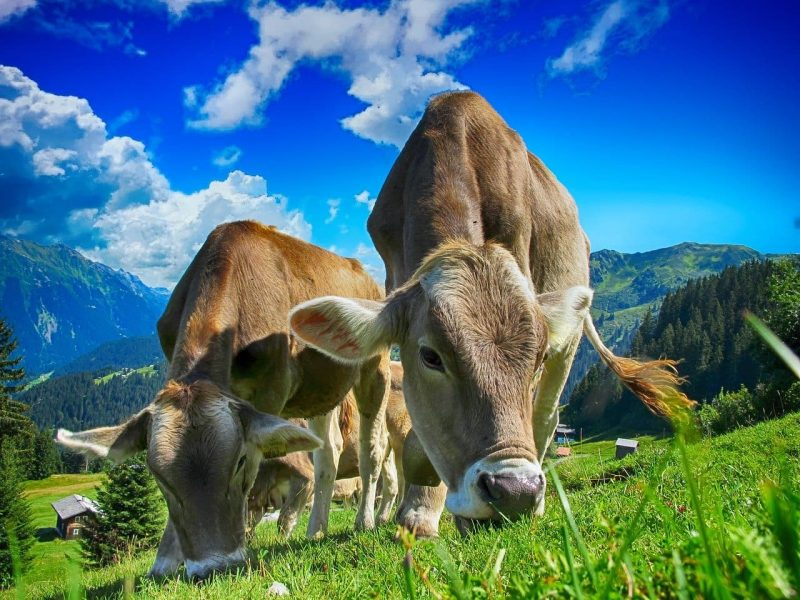
iStock 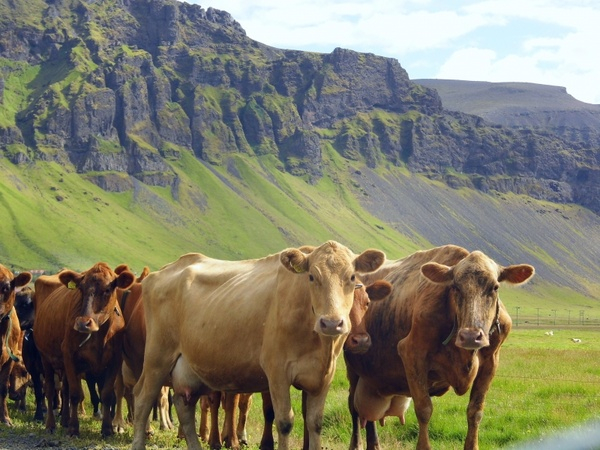
Dollons -
One of the earliest tamed agricultural animals was the Goat. Goats and humans have been associated for at least 10,000 years, according to Ref. They have long been regarded as very valuable animals due to their high production, ease of handling, and capacity to adapt to a variety of diets and challenging environmental circumstances. Additionally, they do not compete with humans for food and consume inexpensive feeds.
Goat populations have grown by around 240% globally over the past 50 years, whereas those of other livestock species have remained stable or even dropped. In rural areas of developing countries, the contribution of goats is highly valued and has an important role in feeding the populations, an item that is often not adequately recognized when comparing goats with sheep and cattle. In fact, goats are extremely intelligent animals, very agile, and independent, with a high level of resistance to diseases, much better than other ruminant species.
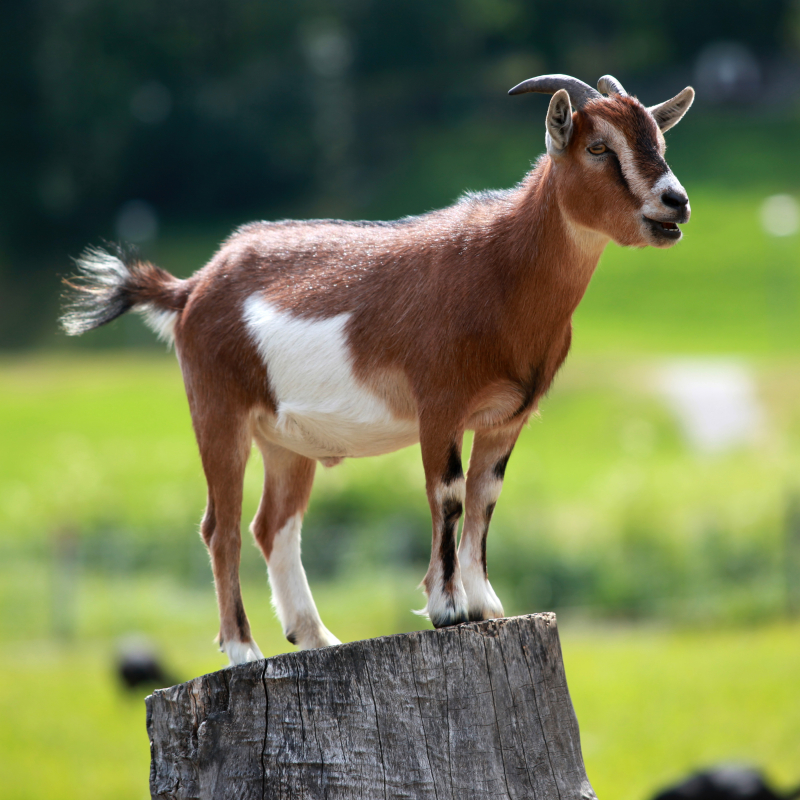
Wikipedia 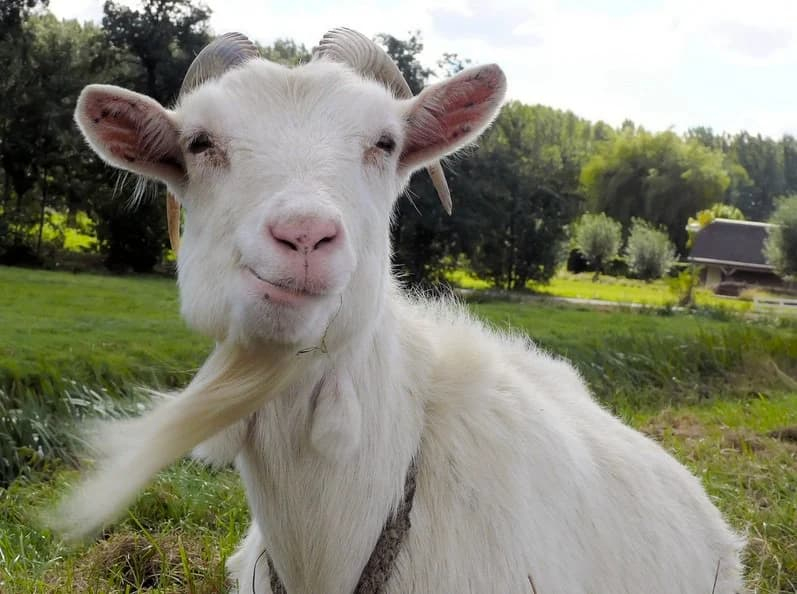
Smithsonian Magazine -
One of the most practical domesticated animals is the Camel. They are capable of going an entire week without food or liquids. They can also go 300 kilometers per day while carrying hefty loads. One of the most prevalent animal misconceptions is the one about how camels retain water in their humps. Camels provide direction so that people may avoid getting lost in the desert and reach objectives. Additionally, humans use camel milk to produce cheese. "Ships of the desert" is another name for them.
Camel droppings are used as manure (fuel). Therefore, one of the most helpful animals to mankind is the camel. It can also be found in the most incredible species on earth. Because it has less fat than cow's milk and is considerably richer in iron, minerals, and vitamins, camel milk is regarded as being far healthier. The species has a 40–50 year typical lifespan.
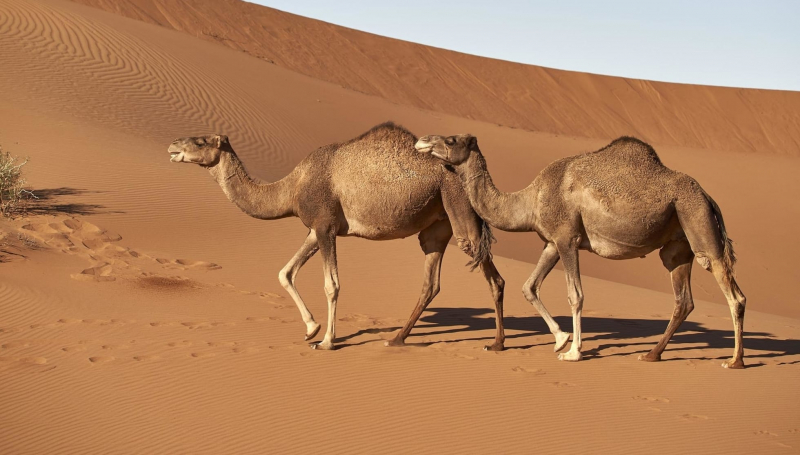
iStock 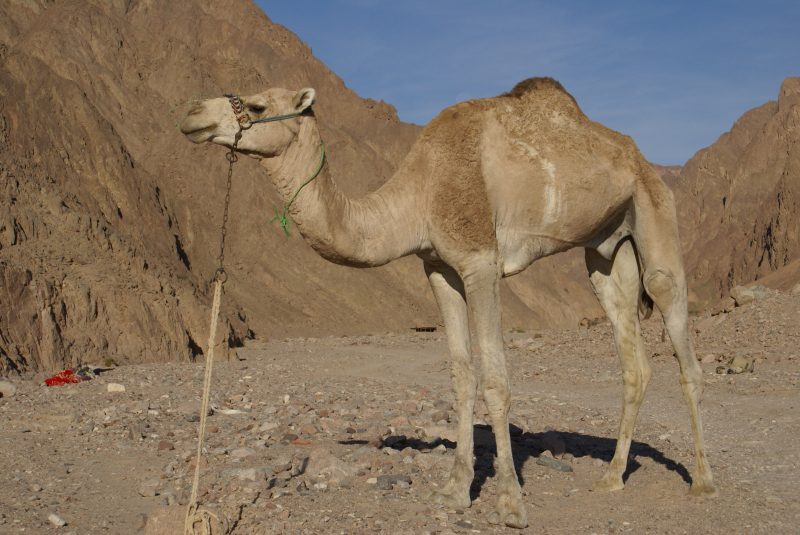
Wikispecies - Wikimedia -
Horses are special creatures. They are majestic, strong, and can display a broad range of emotions. Whether they’re around humans or other horses, they are amazingly communicative and thrive in social settings. These qualities are part of the reason why horses can develop such a strong bond with humans.
Horses have been utilized for a variety of purposes for ages, including by ancient Egyptian, Arabian, and Mongol civilizations. Additionally, they were formerly a reliable source of food for people and eventually used as a means of transportation. Horses are utilized for a variety of tasks, including pulling large loads, plow work, leisure riding, racing, and more. It's fascinating to note that horses, who have been domesticated for more than 5,000 years, are also among the kindest creatures on the planet.
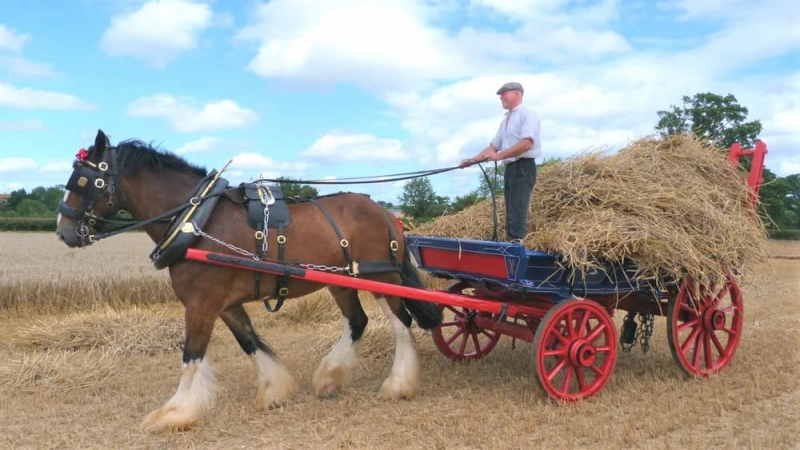
Horsey Hooves 
Equestlife -
Chickens are one of the subspecies of the red junglefowl. With an estimated 19 billion of them living in the domesticated world in 2011, it is one of the most prevalent species. The numbers have multiplied in size now. Like dogs, chickens can make wonderful pets. You can stay active and lower your blood pressure with their assistance. It also needs the same level of care and company as a dog.
They rank among the organisms with the highest emotional intelligence. An egg will be produced by a chicken between 18 and 24 hours. Additionally, one of the most valuable fertilizers is chicken dung. There are other uses for chicken feathers as well. It will also consume a large number of pests in your house. The fact that there are more chickens than people is one of the most intriguing facts regarding chickens. There are roughly 25 billion chickens around the globe. They outnumber all other bird species on Earth.
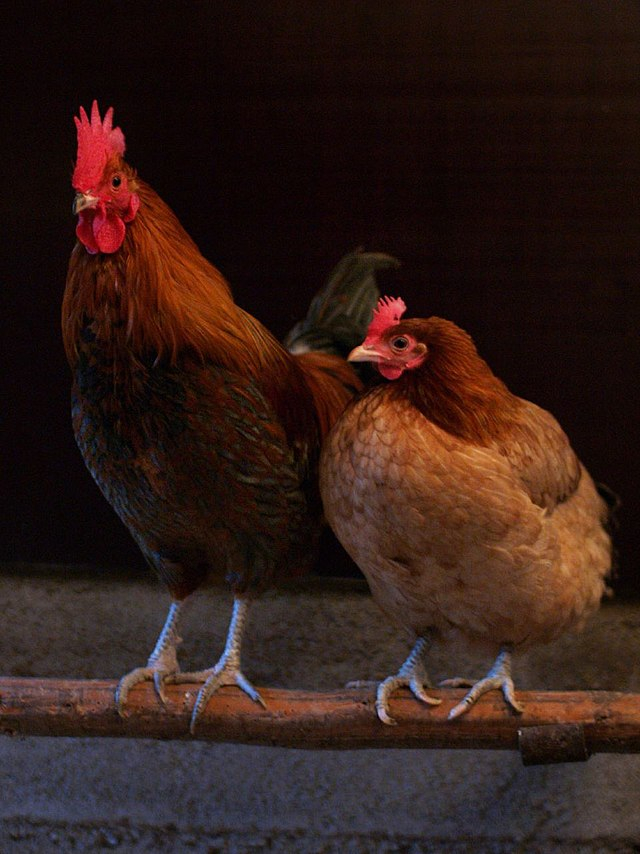
Wikipedia 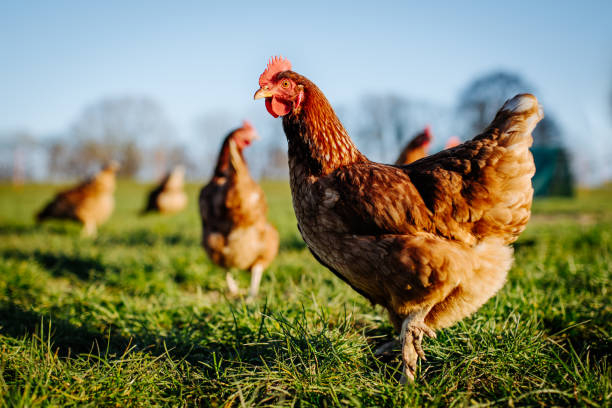
iStock -
Dogs are among the most helpful animals to humans, making them not just the most well-liked pets in the world. Several dog breeds, such as tiny dog types, large dog breeds, and huge dog breeds, are well-liked throughout the world. As an illustration, Americans adore Labradors and German Shepherds, whereas Chinese people choose Chow Chows and Tibetan Mastiffs. Dogs help humans to boost their oxytocin levels with the help of their eyes. Through their friendship, dogs can aid humans in overcoming severe depression.
Dogs may be beneficial in increasing your immune system, according to a number of studies. Dogs assist people in decreasing blood sugar, according to data from the American Heart Association, which has numerous additional health advantages. Cancer can also be found in dogs. All dogs are thought to be descended from wolves, and one of their distinctive qualities is the ability to locate sound in less than 6/100ths of a second using their swiveling ears, which function like radar dishes.

iStock 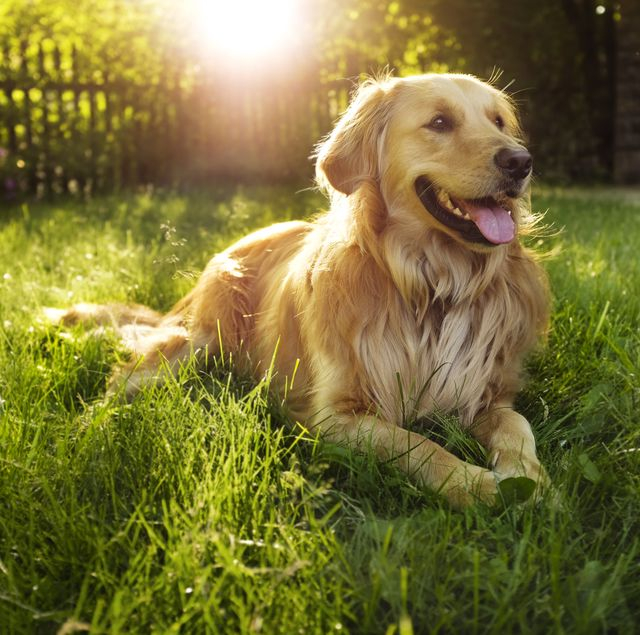
Good Housekeeping -
One of the most adaptable domesticated animals is the Sheep. Sheep are also well known for wool. Wool is a common material used by humans in clothing, from socks and sweaters to suits and costumes. In the course of scrubbing raw wool, lanolin is also removed. Lanolin is a blend of esters, alcohols, and fatty acids used in printing inks, motor oils, sticky tapes, and auto lubricants. They are also utilized in cosmetics and pharmaceuticals. Soft leather is another product made from sheepskin.
Additionally, sheep's milk is used to make some of the world's most well-known cheeses. In research and medicine, sheep have also been used. They are applied in the study of stem cells. Lambs, which are young sheep cubs, may walk within minutes of being born, but for the first four to six months of their lives, they are reliant on their mother. The animal species can recall the faces of 50 different sheep over a period of two years.
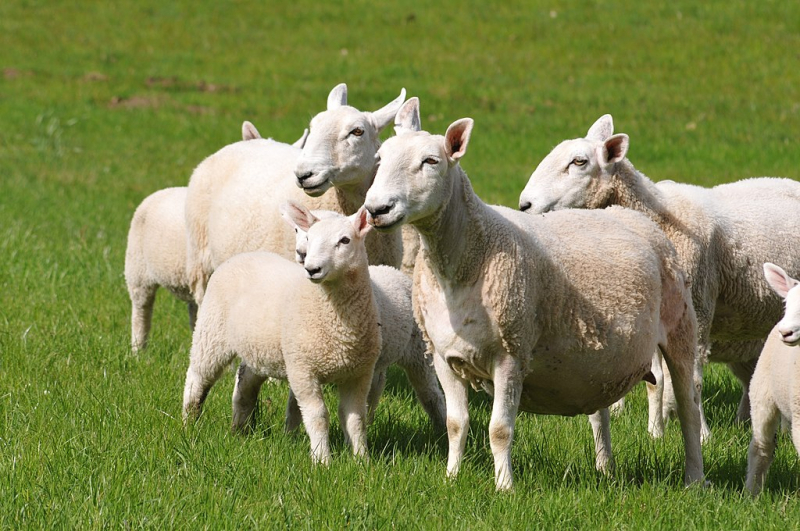
Wikipedia 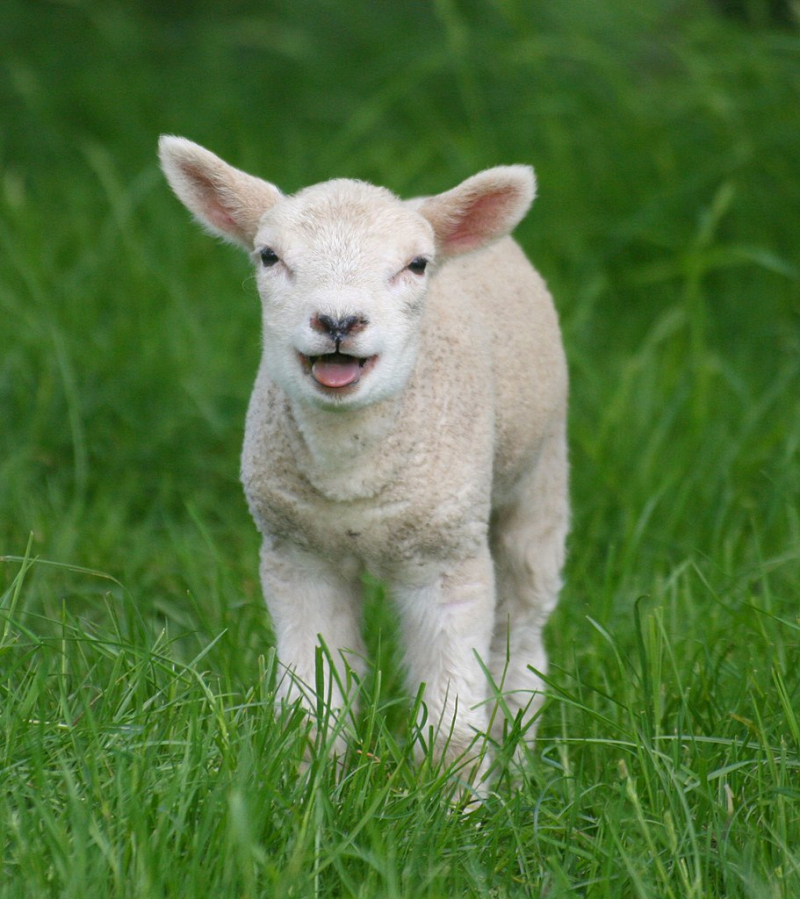
Wikimedia Commons -
Pigs are most useful as picky eaters. They frequently consume all leftover crops and food byproducts that are unpalatable to humans. Both on a small scale and on an industrial level, pigs are raised. One of the most consumed meats by humans is still pork. Even human heart valves that are deteriorating can be replaced with pig heart valves.
In France, they are being used to find black truffles, one a delicious yet notoriously difficult delicacy to find. Pigs are among the most intelligent and gregarious animals. They typically create shaky ties with people and like intimate proximity. Additionally, they enjoy lying down next to people. Pigs often maintain good hygiene and keep their bathroom area apart from their eating and sleeping areas.
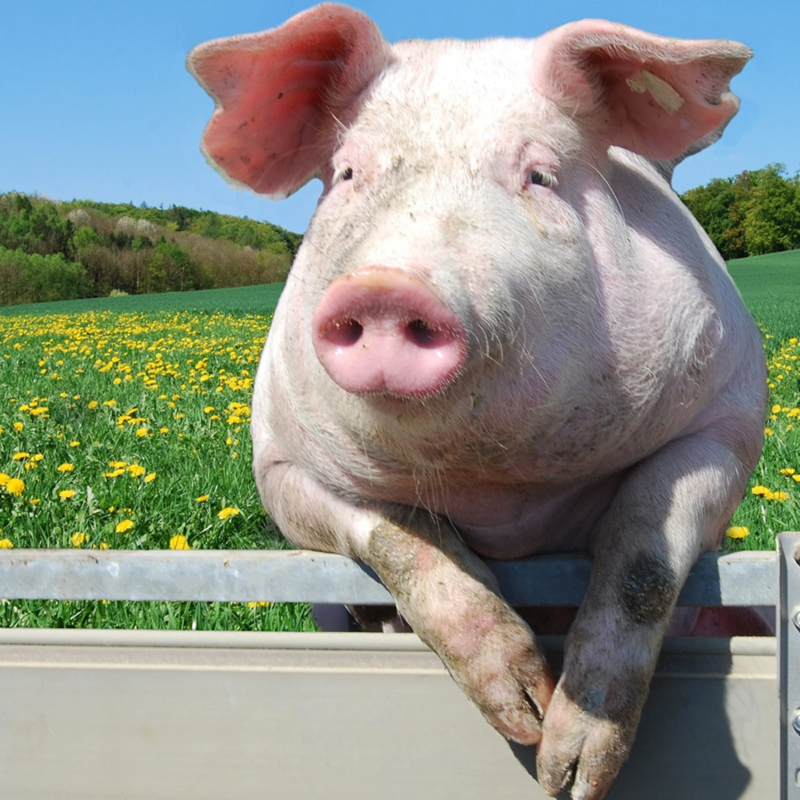
Wikimedia Commons 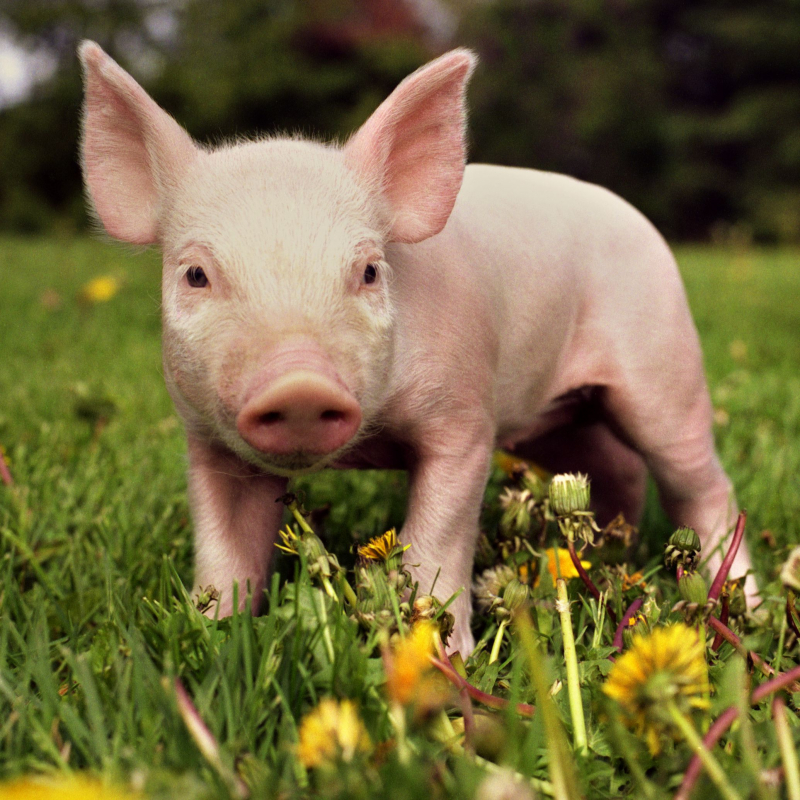
Treehugger -
Donkeys are also one of the most useful animals to humans. Some are utilized to guard goat or cattle herds. A donkey that has become attached to a herd would defend itself from canine predators like foxes, dogs, and coyotes much as it would one of its own. It spends the night sleeping among the animals and, upon hearing any unusual noises, will yell a warning to the herd before pursuing and frequently stomping the predator.
Donkeys are also often kept as stable companions for horses. Horses seem to get calmer around the donkey. The donkey is also widely used in assisted riding and learning programs, especially for the disabled, due to its affectionate and kind, patient nature. There are very few working donkeys in Britain today, however, in many developing countries a donkey is a person’s most prized possession being used to pull loads and carts and to work mills and wells.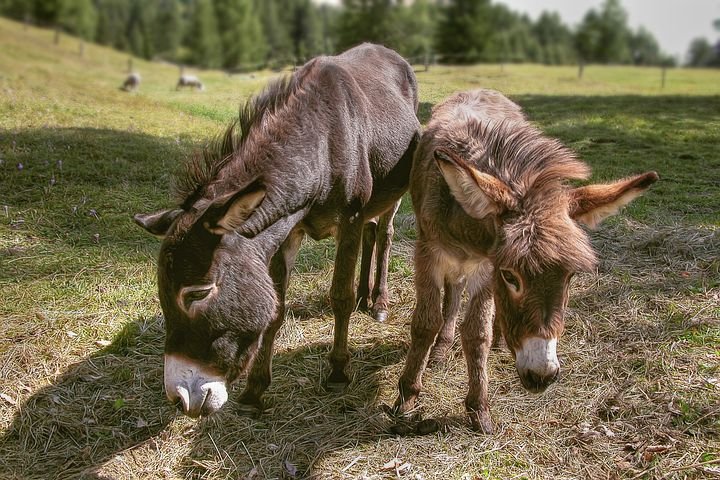
Pixabay 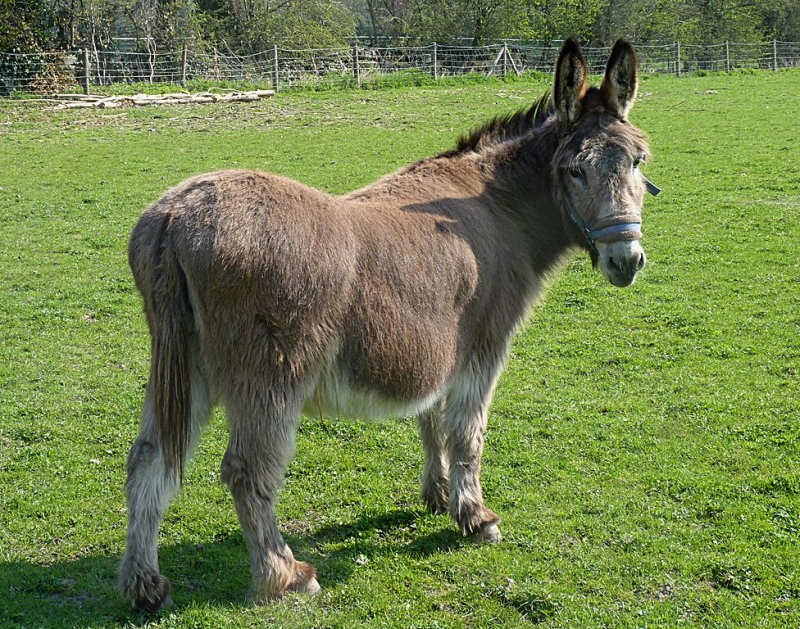
Wikimedia Commons -
Elephants are regarded as one of the most significant animals on the planet and contribute to maintaining the ecosystem's biodiversity. They are a significant means of human transportation. In reality, humanity has been using them since the Indus valley culture in the third millennium BC. According to studies, elephants in central Africa spread tree seeds, maintaining the health of the forests. Elephants are important in spreading tree saplings widely because they travel over such vast areas. Elephants are "ecosystem architects" because they uproot trees to preserve savanna environments, dig waterholes, and fertilize the ground to support the growth of other species.
Elephant tusks are also utilized in the manufacture of shampoo, scrubbers, and other products. Other medicinal uses for enormous elephant trunks include the treatment of mental diseases. But because of their unlawful hunting and poaching for the ivory trade, elephants are in grave danger.
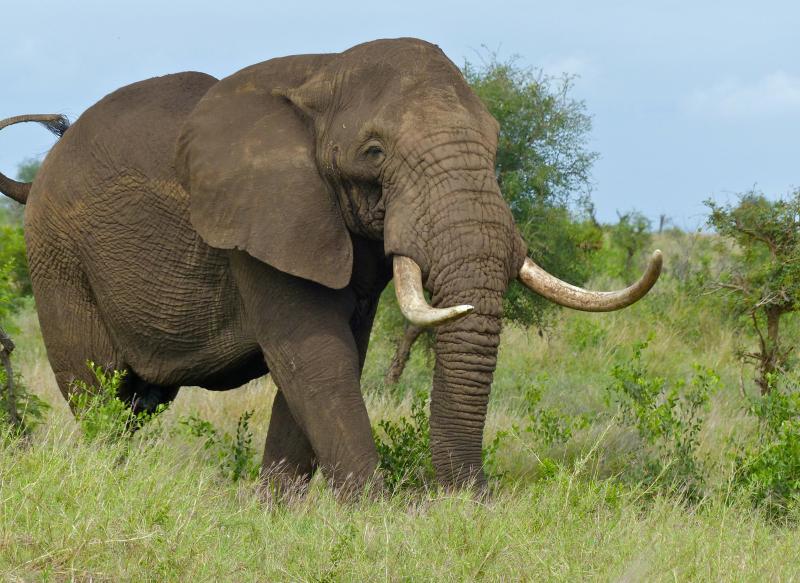
WWF 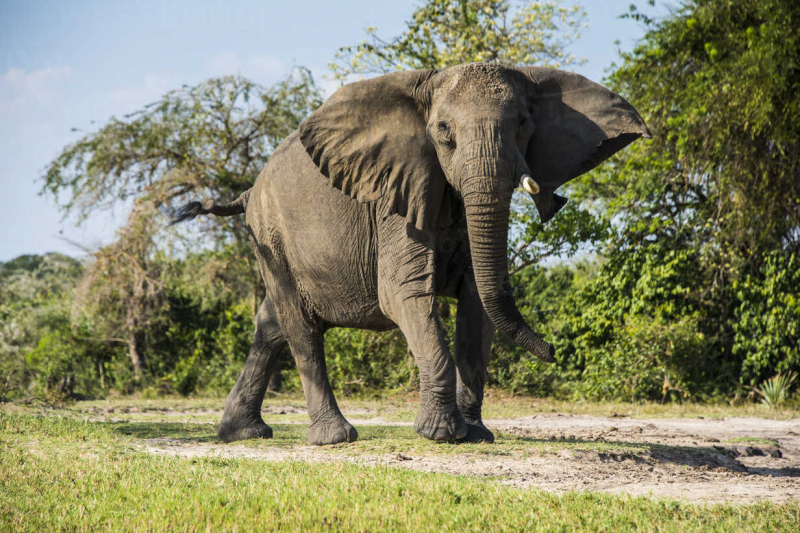
iStock














